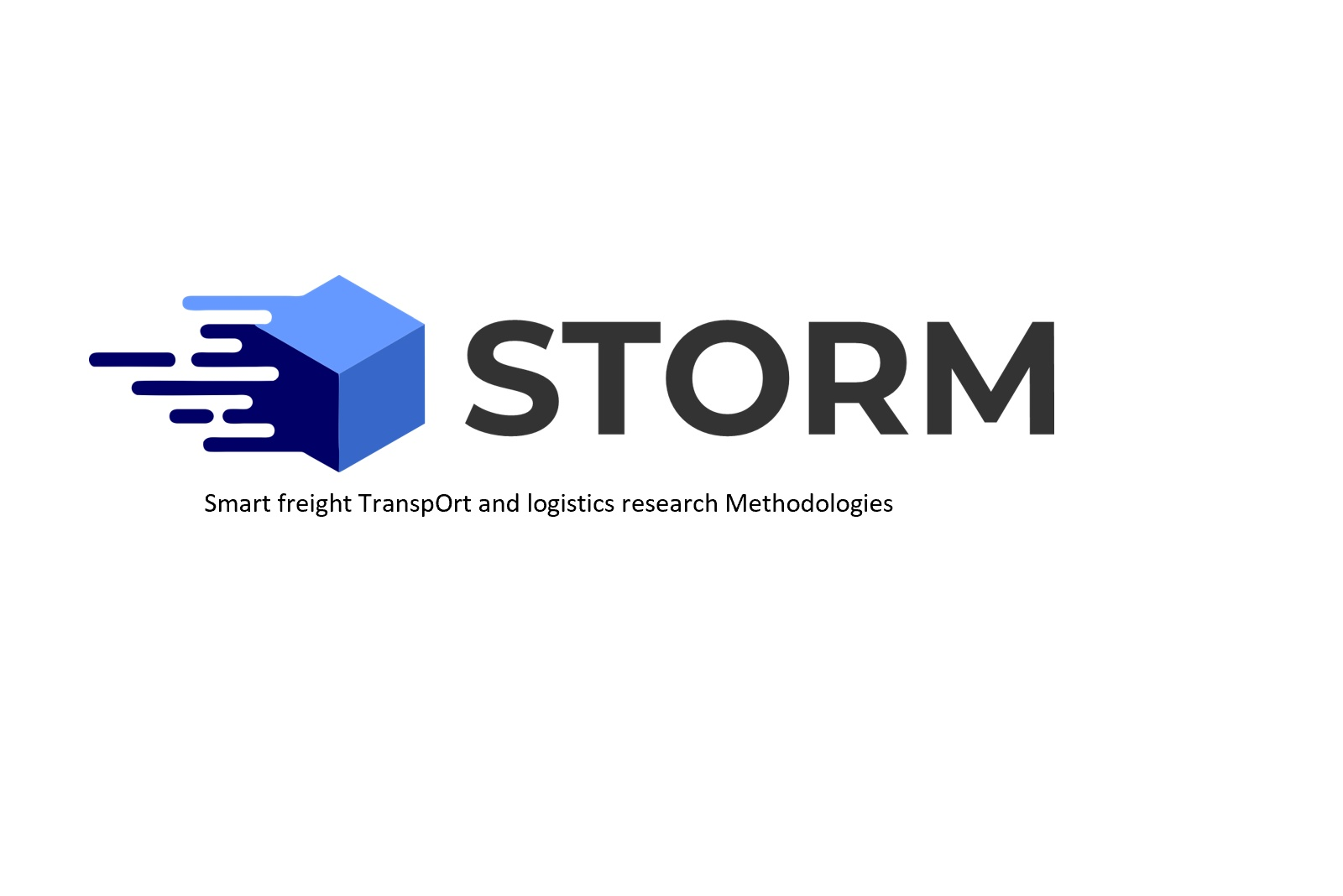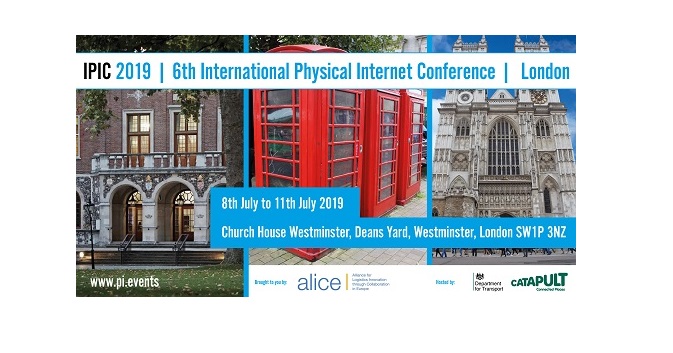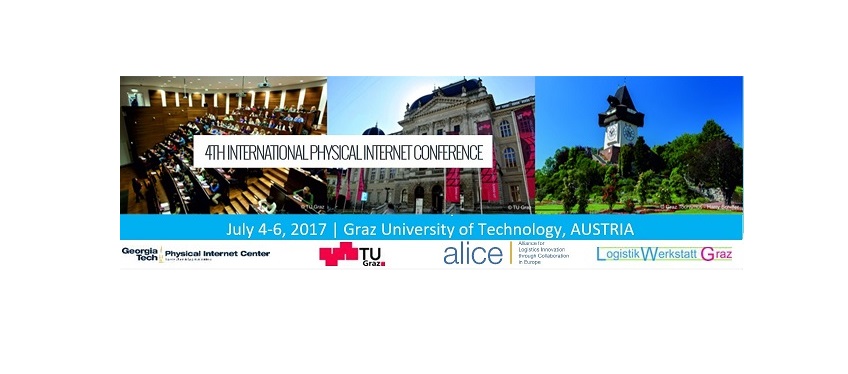
Urban freight transport sustainability leaders
- Company Manager: Angel Batalla


Freight transport and logistics are in a period of transformation where
the increased availability of digital technologies is rapidly
transforming market structures and logistics business models, and the
legislative and policy frameworks are moving towards the minimization of
the environmental impact of transport. The rapid structural,
organisational, and behavioural changes of the sector make existing
data, models, and tools lag behind current developments. In response,
the STORM project aims to study transformation and structural changes in
freight and logistics business structures from different perspectives,
focusing on the future challenges and needs of the sector by developing
new methods and tools to support digitalization, sustainability
transition, and future policy needs. STORM will create a unique
platform for dialog with all relevant stakeholder groups to identify key
elements for future horizons and directions for freight and logistics
research, business and polices.
The project will develop new generation,
beyond current state-of-the-art transport data analytics, models and
solutions through industry use cases and contribute to sector
innovations and competitiveness. STORM output will be a toolbox bringing
together tools and methods centring on Big Data, data fusion, and
agent-based modelling applied to electrified freight transport concepts
and new collaborative, digitised logistics systems. It responds to the
emerging needs of transport researchers, planners, and policy makers and
it will generate knowledge for the implementation of innovative
transport policies. STORM will provide advanced methods and tools to
enable new opportunities and business models for the sector through
targeted information and knowledge sharing with structured support and
collaboration in research, policy analysis, and transport planning, to
fulfil the ultimate goal of facilitating the sustainable transformation
for the business and future public policies.


In 2017 the comprehensive view on the Physical Internet from the IPIC conference merged with the technical and intralogistic view from the Logistikwerkstatt Graz for a promising format. Both the IPIC and the Logistikwerkstatt Graz are well established international conferences with broad contribution from industry and research. The purpose of our fourth Physical Internet conference was to bring together all interested parties and continue sharing of ideas to further build foundations and momentum towards the emergence of efficient and sustainable interconnected logistics. The Institute of Logistics Engineering (ITL) at Graz University of Technology hosted this international event July 4-6, 2017 in Austria on its campus.
The conference included keynotes from key stakeholders of supply chains (manufacturers, retailers, 3PL and academics) and stimulated the discussions in several workshop sessions. New business models, enabling technologies and experimentations already underway were presented, making this meeting a unique opportunity to learn, network and discuss the latest results and challenges about interconnected logistics.
In this content area you will find all contributions made to IPIC 2017 in Graz www.pi.events/IPIC2017/